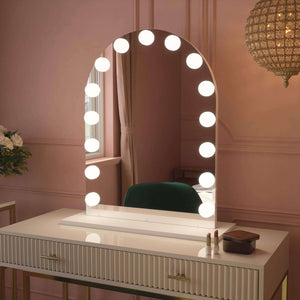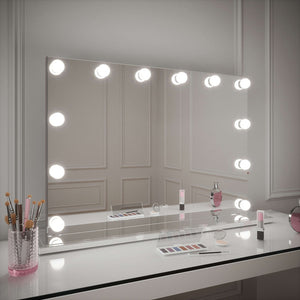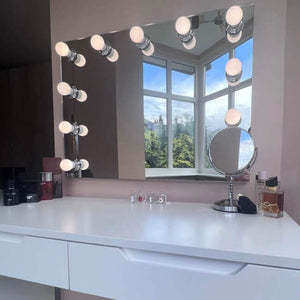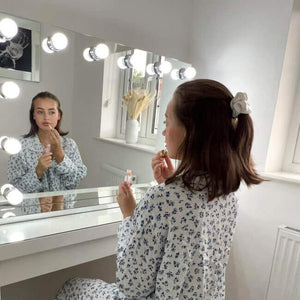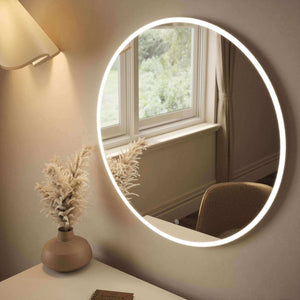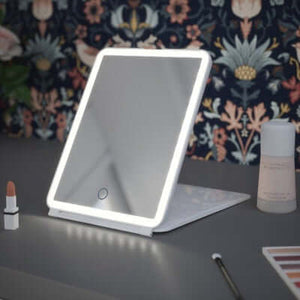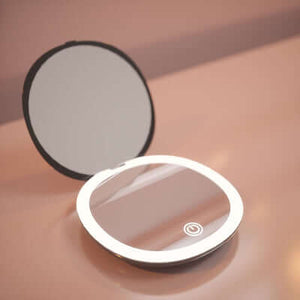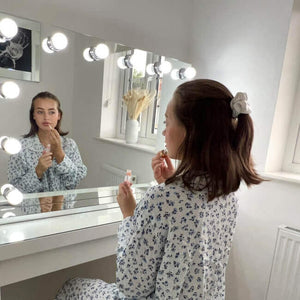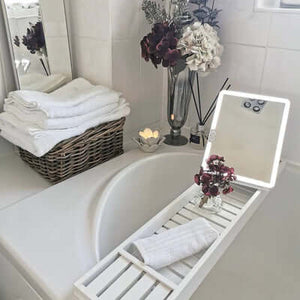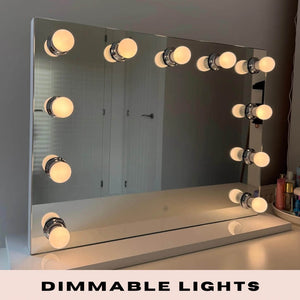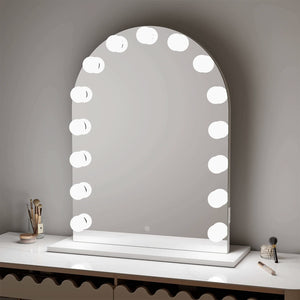Navigating the world of academia can often mean a hectic schedule for many students, leaving little time for self-care. However, balancing academic responsibilities with personal well-being is not just important; it's essential. When students take the time to care for themselves, they're not just looking after their physical appearance but also enhancing their academic performance and overall health.
Understanding Self-Care in a Student’s Life
Self-care, particularly in a student's life, is about more than just pampering. It's a crucial aspect of everyday life that involves caring for your body and mind to maintain overall well-being. When students neglect self-care, not only does it impact their physical health, but it can also lead to decreased mental health, potentially affecting academic performance. Engaging in activities like researching essay topics for high school on EssayPay can be a form of educational self-care, aiding in stress reduction, increased focus, and improved mood, all contributing to a more prosperous and enjoyable educational experience.
Hair Care on the Go
Finding quick yet effective hair care routines is vital for students who are constantly on the move. Start with a nourishing shampoo and conditioner that suits your hair type – this foundational step keeps your hair healthy and manageable. A leave-in conditioner or hair serum can also provide extra nourishment and make styling easier. Avoid heat styling, but always use a heat protectant if necessary. Regular trims are essential to keep your hair looking its best, even with a busy schedule.
Quick and Easy Hairstyles for Busy Mornings
On those mornings when time is tight, simple yet stylish hairstyles can be a lifesaver. A sleek ponytail, a messy bun, or a braid are quick to do and work for most hair lengths. A high bun or a side-swept braid can be chic and practical for longer hair. Invest in a few hair accessories like headbands or stylish clips to add a touch of elegance to even the most straightforward hairstyles.
Efficient Makeup Strategies
A streamlined makeup routine can make a huge difference for students with packed schedules. Start with a tinted moisturizer or BB cream for light coverage and skin hydration. A swipe of mascara and blush can instantly brighten your face. For lips, choose a tinted lip balm or a long-lasting lip stain that won't require constant reapplication.
Multi-Purpose Makeup Products
Multi-purpose makeup products are perfect for students as they save time and space. Look for products like a lip and cheek stain, a bronzer that can double as eyeshadow, or a brow pencil that can also be used as eyeliner. These versatile products mean fewer items and faster application without compromising your look.
Balancing Diet for Skin and Overall Health
Your diet is crucial in maintaining your health and your skin's condition. A balanced diet rich in fruits, vegetables, lean proteins, and whole grains provides the necessary nutrients to keep your skin glowing and your energy levels up. Foods high in antioxidants and omega-3 fatty acids can particularly benefit skin health.
Easy-to-Prepare, Nutritious Meals and Snacks
For busy students, quick and nutritious meals are essential. Breakfast options like overnight oats or smoothies are healthy and easy to prepare. Salads with lean protein or whole-grain wraps are nutritious and quick to make for lunch or dinner. Snacks like nuts, fruits, yogurt, or hummus with vegetables are healthy choices that keep you fueled throughout the day. Planning your meals and snacks can help you eat healthy, even on your busiest days.
Quick and Effective Skin Care Routines
A quick and effective skincare routine is essential for students juggling academics and other commitments. A good routine can be as simple as a three-step process: cleansing, moisturizing, and applying sunscreen. Start your day by washing your face to remove any overnight oil build-up. Follow up with a lightweight moisturizer to keep your skin hydrated. Lastly, never skip sunscreen, even on cloudy days, to protect your skin from harmful UV rays.
Budget-Friendly Skincare Products
Skincare doesn’t have to break the bank. There are plenty of effective and affordable products on the market. Look for a gentle, non-comedogenic cleanser, a moisturizer suitable for your skin type, and a broad-spectrum sunscreen. Drugstore brands often offer high-quality products at a fraction of the cost of luxury brands. Additionally, ingredients like aloe vera, tea tree oil, and hyaluronic acid are practical and can be found in reasonably priced products.
Exercise and Its Beauty Benefits
Regular exercise does more than just keep your body fit; it also has numerous benefits for your skin. Working out increases blood flow, which helps nourish skin cells and keep them vital. Blood flow also helps to remove waste products, including free radicals, from working cells. It means that exercise not only helps to detoxify your skin but can also give it a healthy glow.
Time-Efficient Exercise Routines
Good time management strategies will help you find time for exercise. There are many ways to incorporate physical activity into your routine without spending hours in the gym. Quick, high-intensity interval training (HIIT) sessions are highly effective in under 30 minutes. Activities like brisk walking, jogging, or cycling are also great ways to keep fit and can be done around campus or at home. Yoga or Pilates routines provide a good workout and help with stress management, which can positively affect your skin and overall health. Remember, the key is consistency, so find an activity you enjoy and make it a regular part of your routine.
Mental Health and Its Impact on Physical Appearance
The interplay between mental health and physical appearance is significant but often overlooked. Mental health issues like stress and anxiety can manifest physically, affecting skin clarity hair health, and even leading to changes in weight. For instance, chronic stress can trigger acne breakouts, worsen skin conditions like eczema or psoriasis, and cause hair loss or graying.
Techniques for Managing Stress
To mitigate these effects, effective stress management is key. Techniques like mindfulness meditation, deep breathing exercises, and yoga can significantly reduce stress. Regular physical activity is also an excellent stress reliever. Additionally, engaging in hobbies and activities you enjoy can improve your mood and, by extension, your physical appearance. Keeping a journal can also be a therapeutic way to manage stress and express emotions.
Sleep’s Role in Beauty and Academic Performance
Sleep plays a crucial role in both skin health and academic performance. During sleep, your body goes into repair mode, including skin cell regeneration. Lack of sleep can lead to dull skin, dark under-eye circles, and increased signs of aging. Moreover, adequate sleep is essential for cognitive functions such as memory, concentration, and problem-solving, which are vital for academic success.
Improving Sleep Quality
Despite a busy student schedule, prioritizing sleep is essential. Create a bedtime routine to signal your body that it’s time to wind down, which might include reading or a relaxation technique. Make your sleep environment conducive to rest by ensuring your room is dark, quiet, and relaxed. Limit exposure to screens before bedtime, as the blue light emitted can disrupt your natural sleep cycle. If possible, maintain a consistent sleep schedule to regulate your body’s internal clock, even on weekends. Remember, quality sleep is just as important as the quantity of sleep.
Summing Up
A healthy balance between maintaining your appearance and managing your studies can significantly enhance your mental well-being and academic performance. Integrating quick and effective skincare routines, efficient hair care practices, and intelligent makeup strategies into your daily life doesn't have to be time-consuming or expensive.
Coupled with a balanced diet, regular exercise, effective stress management techniques, and adequate sleep, these beauty tips can help keep you looking your best and feeling energized and ready to tackle your academic challenges. Remember, taking care of your physical appearance is part of your overall health and is critical to your success as a student. Prioritizing self-care is a step towards ensuring a well-rounded and fulfilling academic journe
Liquid error (sections/article-template line 192): Invalid form type "59\n", must be one of ["product", "storefront_password", "contact", "customer_login", "create_customer", "recover_customer_password", "reset_customer_password", "guest_login", "currency", "activate_customer_password", "customer_address", "new_comment", "customer", "localization", "cart"]
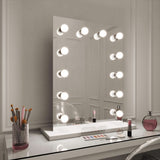 Alicia Hollywood Mirror 60cmx80cm
Alicia Hollywood Mirror 60cmx80cm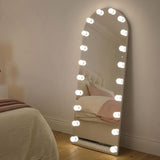 Angelina Full Length Arch Hollywood Mirror 160 x 60cm
Angelina Full Length Arch Hollywood Mirror 160 x 60cm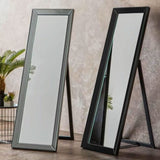 Angled Luna Mirror-Cheval Black
Angled Luna Mirror-Cheval Black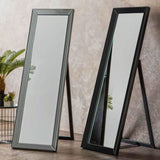 Angled Luna Mirror-Cheval Gray
Angled Luna Mirror-Cheval Gray

